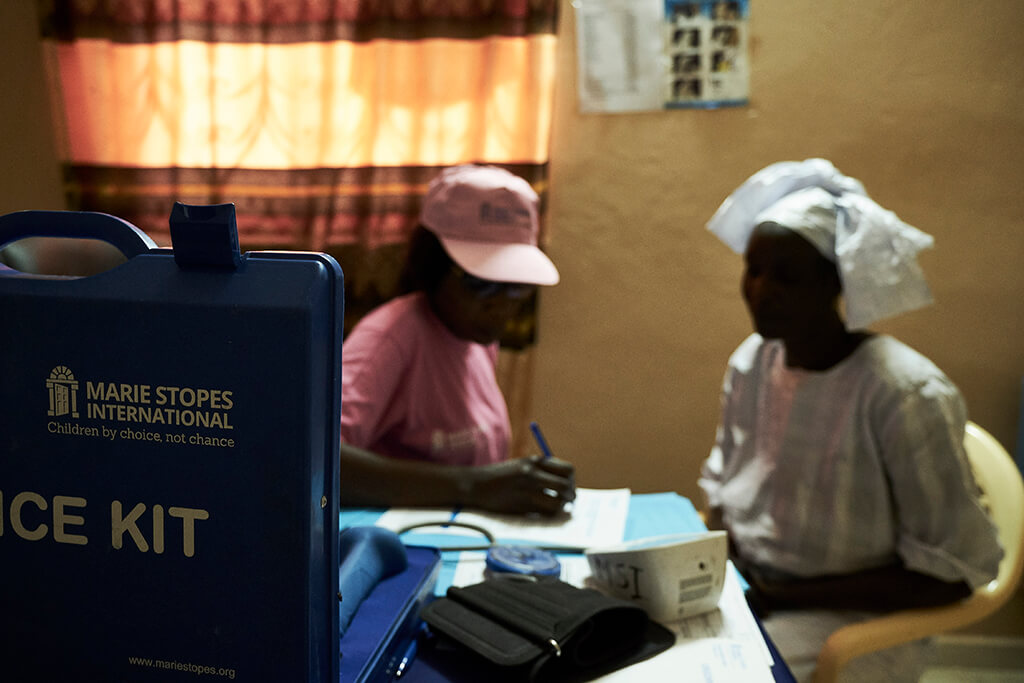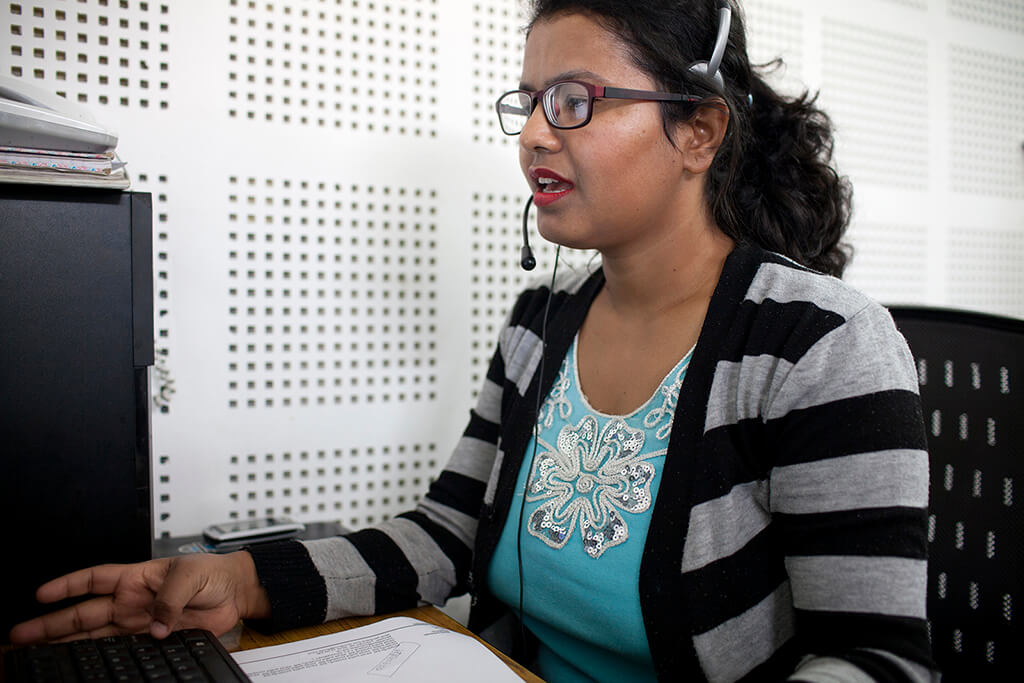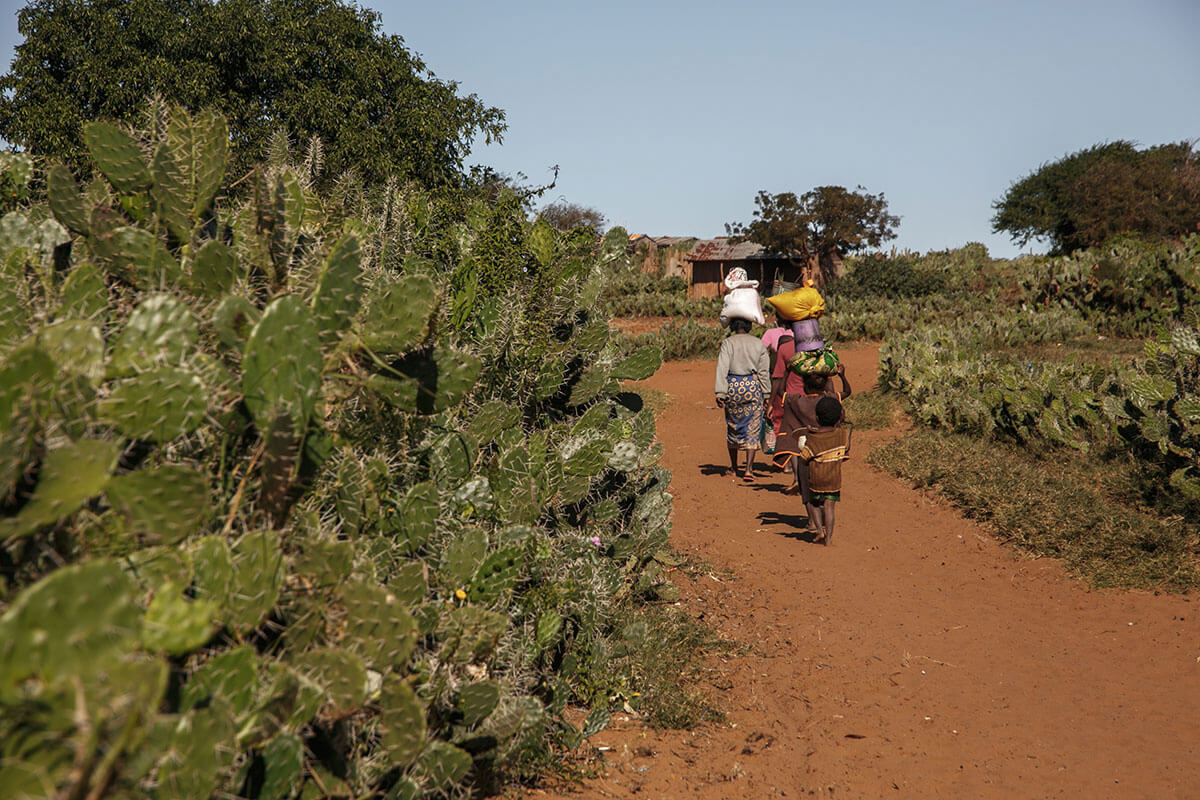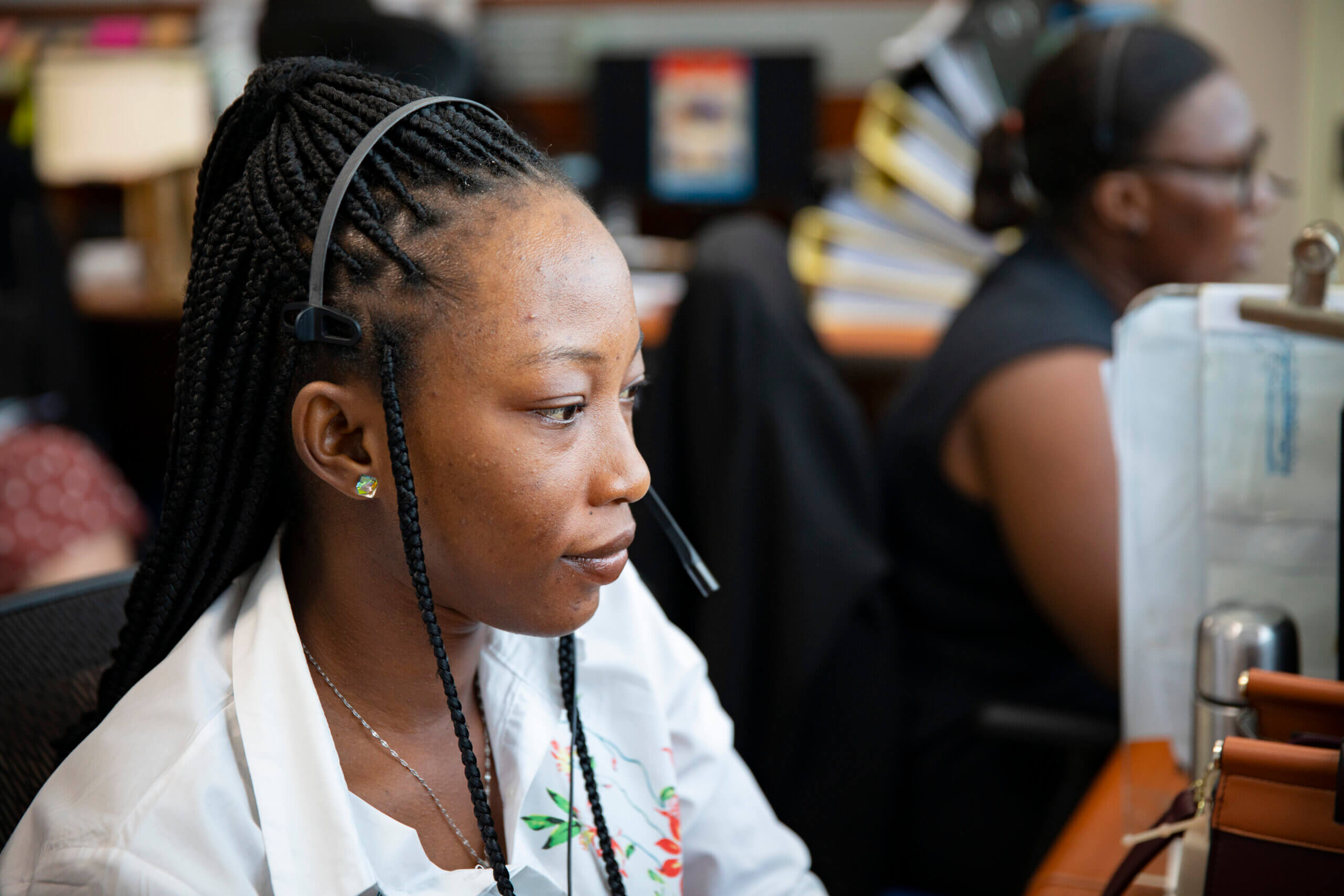COVID-19 threatens women’s health
COVID-19 is putting women’s health at risk
As the COVID-19 pandemic spreads around the world, our priority is continuing to deliver care to the women and girls who need us, while protecting the health and safety of our clients and team members.
Before the pandemic, MSI was projected to reach over 15 million women and girls with sexual and reproductive health services in 2020. But as the emergency facing us becomes increasingly uncertain, our ability to serve some of the world’s poorest and most marginalized women does too.
Our projections warn that unless governments and donors act now, up to 9.5 million women and girls risk losing access to our contraception and safe abortion services in 2020 due to the COVID-19 pandemic.
The consequences would be devastating. We estimate that across the 36 countries worldwide where we work, COVID-19 disruptions could lead to an additional:
- 3 million unintended pregnancies.
- 2.7 million unsafe abortions.
- 11,000 pregnancy-related deaths.

Contraception and abortion are essential healthcare
Every year, an estimated 22,000 women die from unsafe abortion alone. Evidence shows that when women are denied access to contraception, safe abortion and post-abortion care, pregnancy-related deaths rise.
During times of crisis, women’s reproductive health needs are often neglected, and the COVID-19 pandemic is pushing already-stretched health systems to a breaking point.
Simon Cooke, MSI’s Chief Executive, said:
“Women and girls will pay the price if governments do not act now to safeguard access to essential healthcare, including safe abortion and contraception.
Abortion is an essential and time-sensitive procedure, and delays caused by social distancing, healthcare shutdowns and travel restrictions will have a profound impact. But if governments are willing to work with providers there are simple, effective and proven steps that could save thousands of lives.”
How our programs are responding
We are seeing the effects first-hand in countries like Nepal, where the government has ordered a national lockdown. Due to mobility restrictions, neither providers nor clients were able to reach MSI Nepal’s centres, forcing them to close. However, women’s need for sexual and reproductive healthcare has not stopped. MSI Nepal’s contact center has seen an increase in calls from women seeking abortion services since the start of the lockdown.
Fortunately, by working in partnership with local government, MSI Nepal has been able to re-open seven clinics, with more in the pipeline, meaning women can still access care.
Many of our country programs have already been hit by funding cuts due to President Trump’s Global Gag Rule, making them even more vulnerable to the COVID-19 crisis.
“This woman was crying on the phone. ‘When will your services restart? I cannot afford to have another child. Please help me!’ It really broke my heart not to have an affirmative answer for her.”
– Sarita Ojha, MSI Nepal Counselor

Women’s health and lives are at risk if services stop
During the 2013-2016 Ebola outbreak in West Africa, women in Sierra Leone were not only at risk due to Ebola: their access to essential and lifesaving reproductive care was also disrupted, resulting in as many, if not more, pregnancy-related deaths than from Ebola itself.
Learning from the Ebola crisis, governments must define contraception and safe abortion services as essential, meaning life-saving care can be delivered, with the appropriate precautions and protective equipment.
Felix Ikenna, a doctor and quality assurance director for MSI in Sierra Leone, saw firsthand how closing services hurts women during the Ebola crisis.
“The crisis led to a spike in the number of teenage pregnancies. People were too afraid to go to hospital or government facilities. If we had stopped providing contraception and post-abortion care, it would have been much worse. … Marie Stopes Sierra Leone was one of the only organizations that continued providing services.
I remember one woman came to us following a miscarriage. She had a fever and probably had Ebola, but we were able to follow MSI infection prevention guidelines which stopped any cross infection. It’s the same now with COVID, if people come in with a cough it could be coronavirus or because the rains are coming. Whatever happens you need to protect yourself.”
Removing barriers
In many of the 36 countries where MSI provides services, health systems are struggling to provide safe abortion and contraception under the strain of COVID-19. But there are concrete actions governments can take to ensure access and save women’s lives: from allowing women to access safe abortion and contraception services remotely via telemedicine, allowing pharmacies to provide services and removing unnecessary waiting times and the need for multiple doctor sign offs.
Above all, anti-choice lawmakers must not exploit the COVID-19 pandemic as an excuse to try to deny women access to abortion and contraception.
Click here to read more from MSI US President Marjorie Newman-Williams about protecting reproductive rights during COVID-19.
How you can help
MSI is doing everything we can to continue delivering reproductive healthcare to the women and girls who depend on us. In uncertain times, support from donors committed to choice makes a real difference for the women we serve.






